
Understanding Mild, Moderate and Severe Acne
Acne is a skin trouble starting at puberty and often extends well into adulthood. But, the severity of acne varies from severe to mild acne. According to the severity, the right treatment option is chosen. Scroll through this article to understand more about mild, moderate, and severe acne.
Mild acne: Symptoms, causes & treatment
Mild acne usually causes the following symptoms:
- Blackheads: Small and dark bumps on the surface of the skin
- Whiteheads: Small bumps similar to blackheads and are usually white or flesh-coloured
- Pustules: Red, swollen bumps with pus
- Papules: Small, red, and tender bumps
The different causes of mild acne can include excess sebum production, dead skin cells, bacterial infection, and hormonal fluctuations. Consuming food with high carbs and sugar can also increase the risk of mild acne. Usually, mild acne scars clear up within a short span.
You should avoid squeezing or popping mild acne to prevent them from causing deep scars. If you are wondering how to get rid of mild acne scars, following a good skincare routine with the right anti-acne products is mandatory. Moreover, you should improve your diet and lifestyle to keep mild acne at bay.
Moderate acne: Symptoms, causes & treatment
Moderate acne usually causes more inflammation and redness than mild acne. Moreover, moderate acne can occur on different parts of the body, including the face, back, and chest. If you are dealing with moderate acne, you will usually notice the following symptoms:
- Papules: Small, red, and tender bumps
- Nodules: Large, solid, and painful bumps deeper in the skin
- Pustules: Swollen, red pimples containing pus
- Cysts: Large, painful bumps under the skin filled with pus
Some of the primary causes of moderate acne are as follows:
- Excess Sebum Production: One of the key causes of acne is the extensive production of sebum (skin oil) from the sebaceous glands. This extra oil can block hair follicles and trigger the development of bacteria that cause acne.
- Bacterial Infection: The bacterium Propionibacterium acnes (P. acnes) can multiply within clogged follicles, causing inflammation and acne lesions.
- Inflammation: Redness and swelling can result from the immune system's reaction to the presence of bacteria in hair follicles.
- Hormonal Changes: Hormonal changes due to puberty, menstruation, pregnancy, or certain medical conditions can increase sebum production and make acne worse.
Topical treatments and oral medications are available for treating moderate acne. Moreover, following a proper skincare routine along with a healthy lifestyle can also keep moderate acne in check.
Also Read: Understanding the Different Types of Acne on Your Face
Severe acne: Symptoms, causes & treatment
Severe acne is more advanced and intense. Severe acne causes numerous blackheads and whiteheads. Apart from that, it is characterised by extensive redness and inflammation.
Some other symptoms of severe acne are as follows:
- Papules: Red, small, swollen bumps on the surface of the skin
- Pustules: Small, red, and tender bumps on the skin
- Cysts: Deep, swollen lumps containing pus and can cause scarring
- Nodules: Solid, large, and painful lumps deep inside the skin
The causes of severe acne include overproduction of sebum, hormonal changes, and bacteria. People are also highly likely to get severe acne in case someone in their biological family has it. While maintaining a skincare routine is a basic requirement, severe acne usually demands more comprehensive treatment. Professional dermatological treatments like chemical peels and laser therapy are often essential for providing relief from severe acne.
Ways to prevent and treat acne breakouts
A good skincare routine is mandatory for preventing and treating acne breakouts. The Pink Foundry offers the Clearing & Calming Acne Face Wash for cleansing your face and eliminating all impurities. The face wash can also calm your skin and deliver a radiant glow to your face.
After using the face wash, you will have to nourish your skin with a proper moisturiser. The lightweight and non-greasy Acne Care & Healing Gel Moisturiser with Tea Tree & Cica will help you in the process. It will accelerate the acne healing mechanism while improving the texture of your skin.
Conclusion
An effective skincare routine can help you tackle the issue of pimples. Therefore, remember to add a good anti-acne face wash and moisturiser to your skincare regimen to get the best results.
FAQs:
1. What are the primary causes of acne?
Acne is usually triggered by excessive sebum production, hormonal changes, and bacterial infection. Additionally, diet also has an impact on acne. For instance, people who consume a lot of carbs and high-glycemic foods are likely to get more pimples. A lack of a proper skincare routine can also trigger acne breakouts.
2. Can moisturiser increase my acne?
Acne is often a result of oily and greasy skin due to excess sebum production. Therefore, people with acne think that they should skip moisturiser because it will only make their skin more oily and worsen acne. However, not using a moisturiser can prevent your skin from getting the nourishment it needs. As a result, the skin will try to compensate for it with excess sebum production, which will lead to acne. Therefore, people with acne-prone skin should look for lightweight and non-greasy moisturisers.
3. What is the most serious type of acne?
Cystic acne with pus-filled pimples under the skin is one of the most serious types of acne. They appear deep inside the skin and are often highly painful.







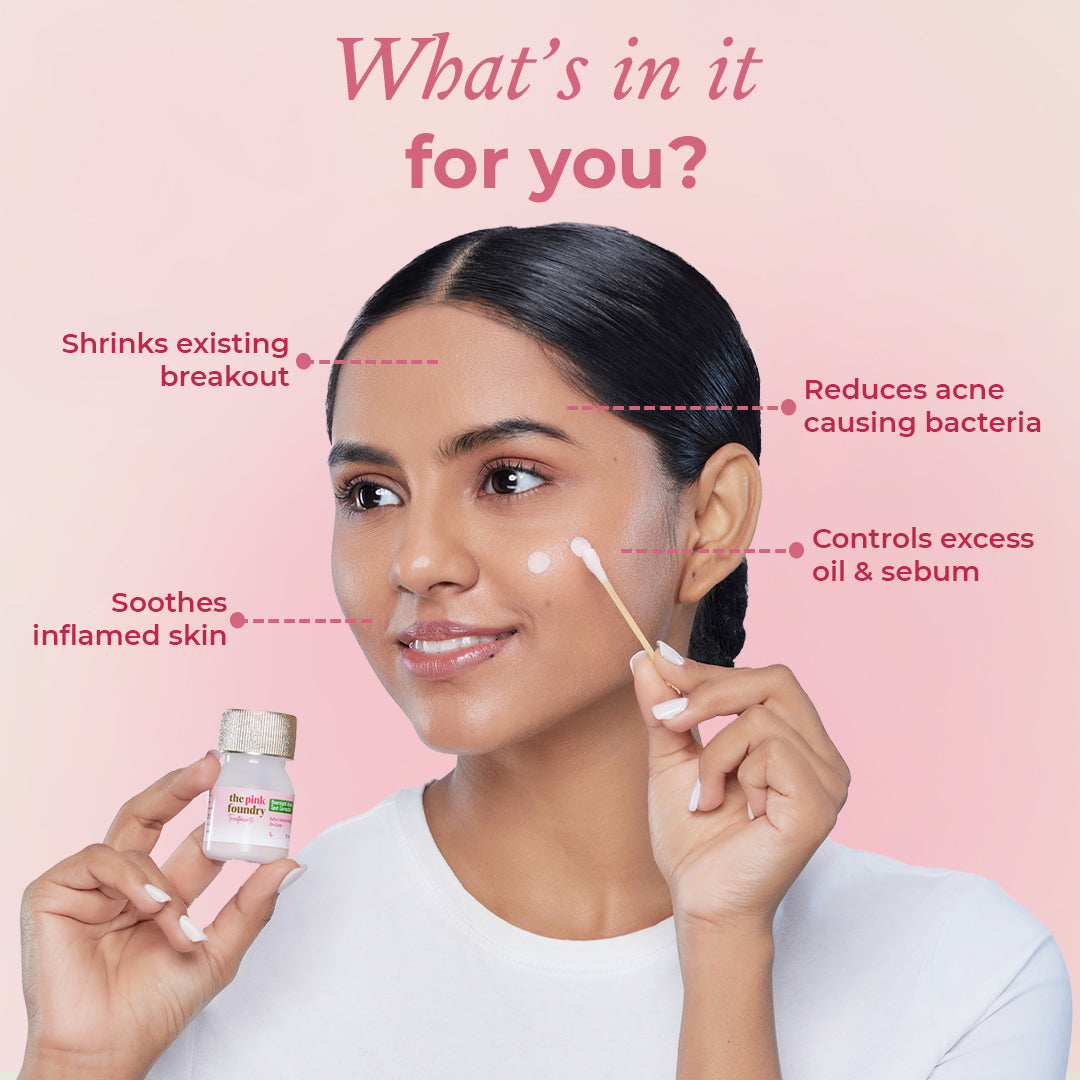
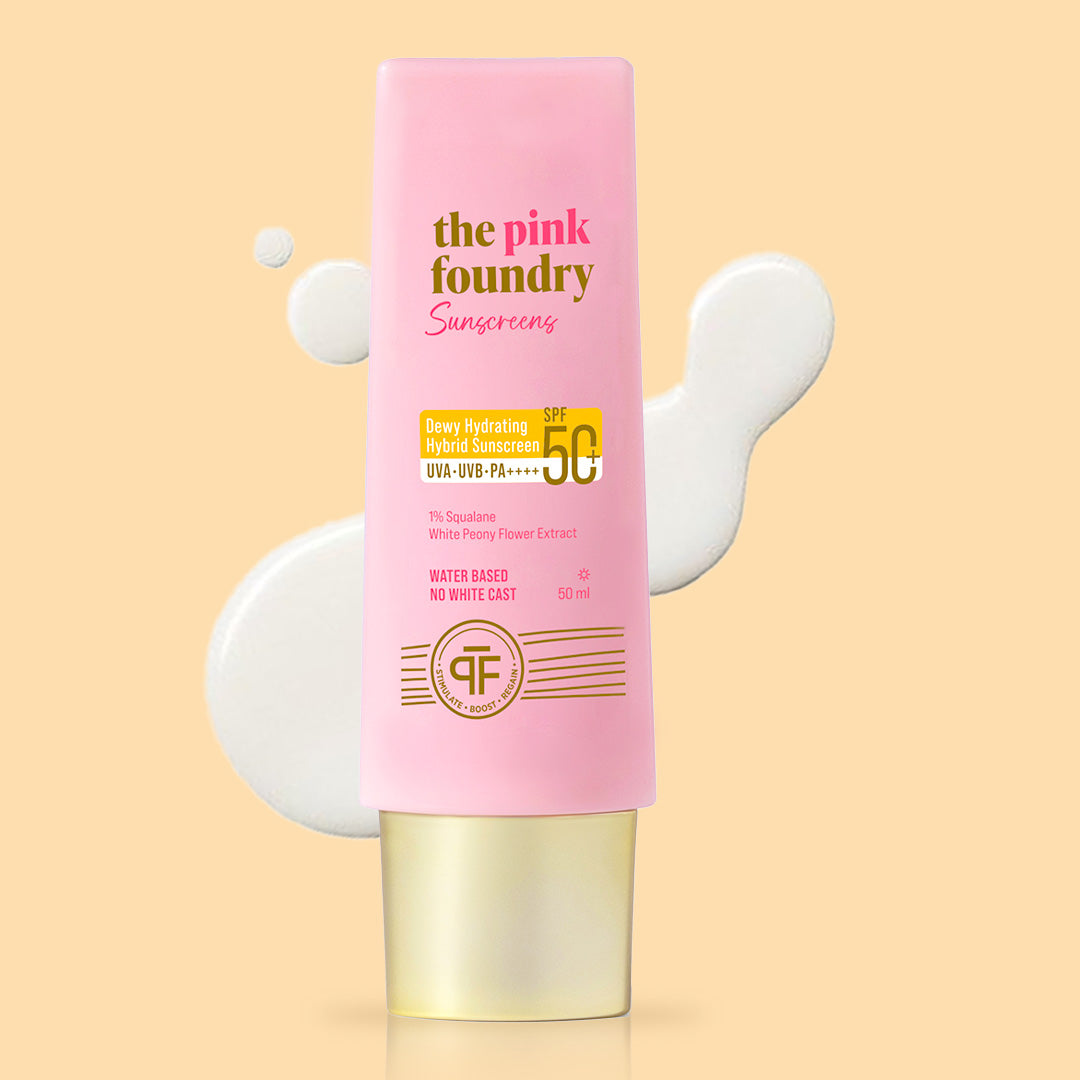
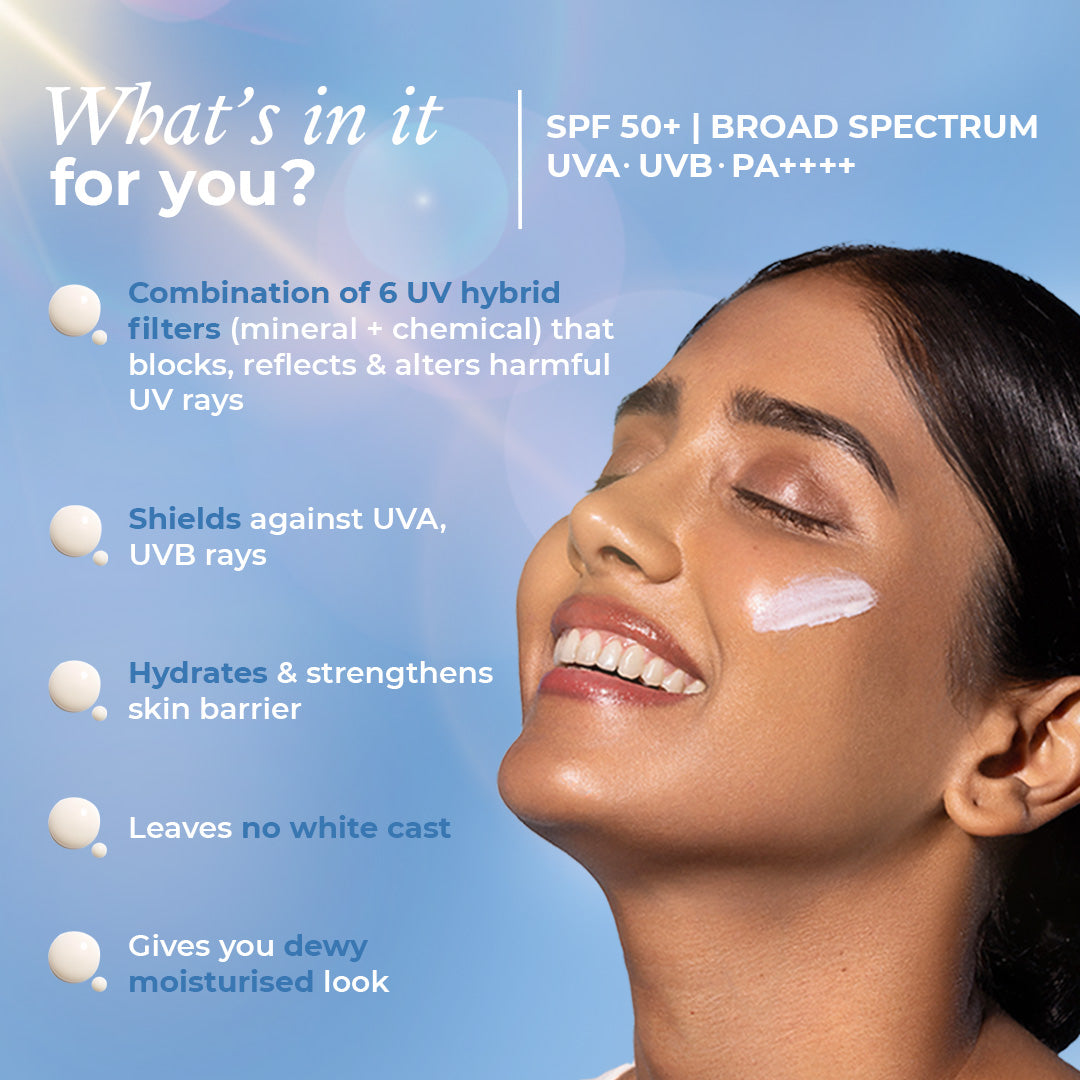


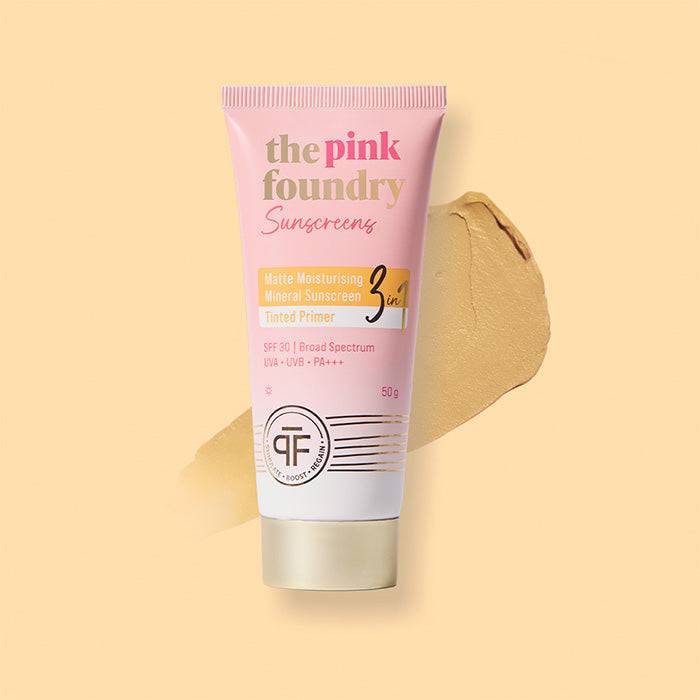
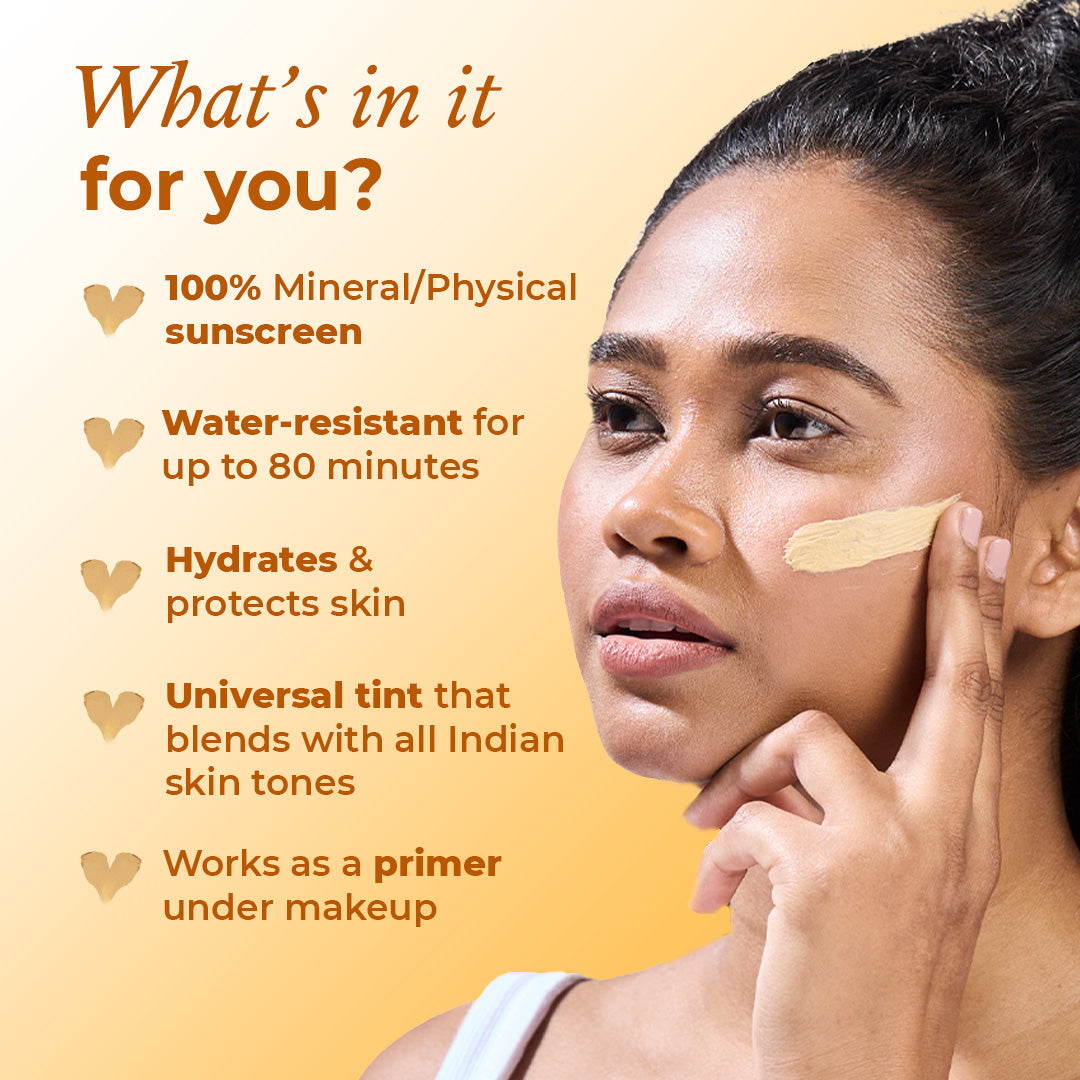



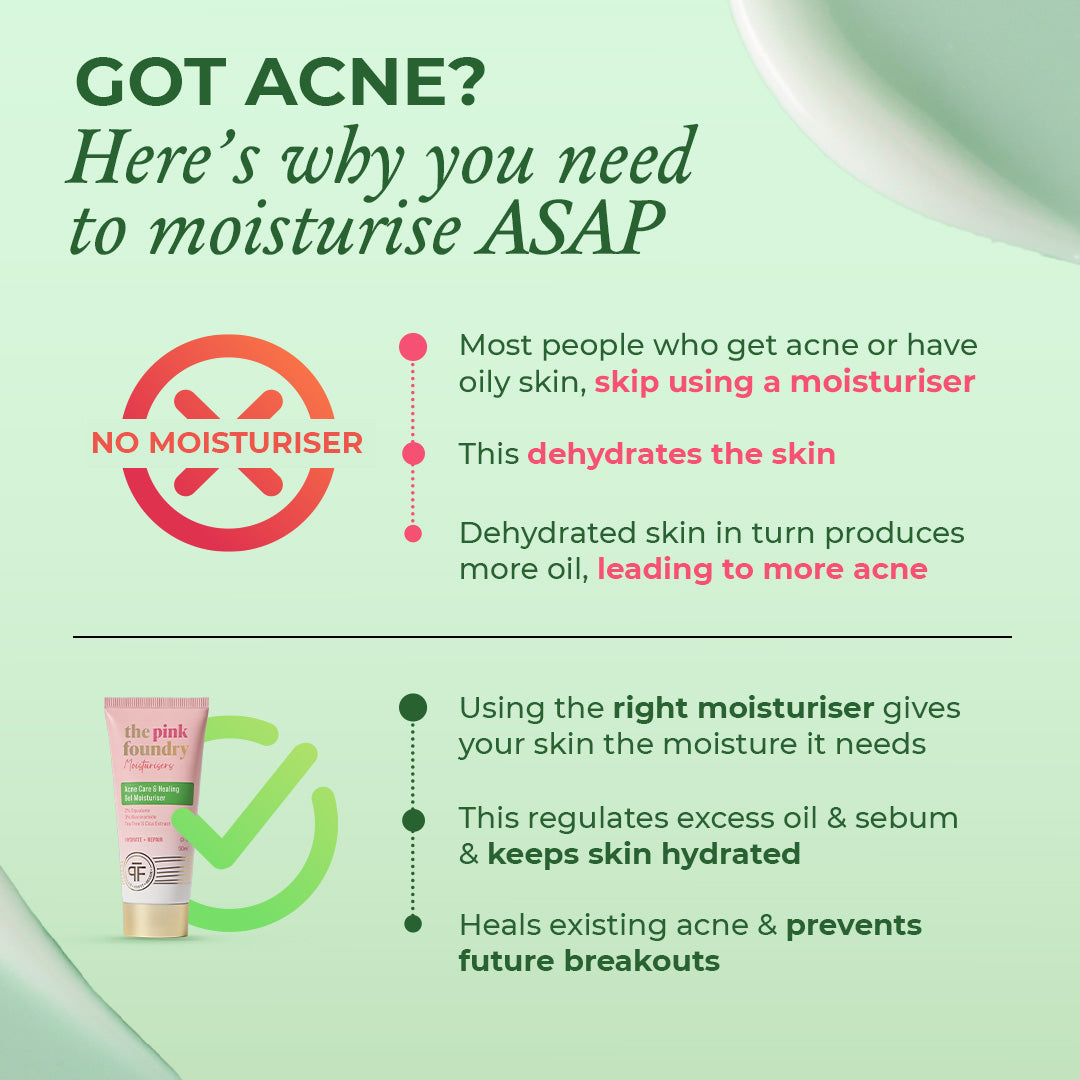
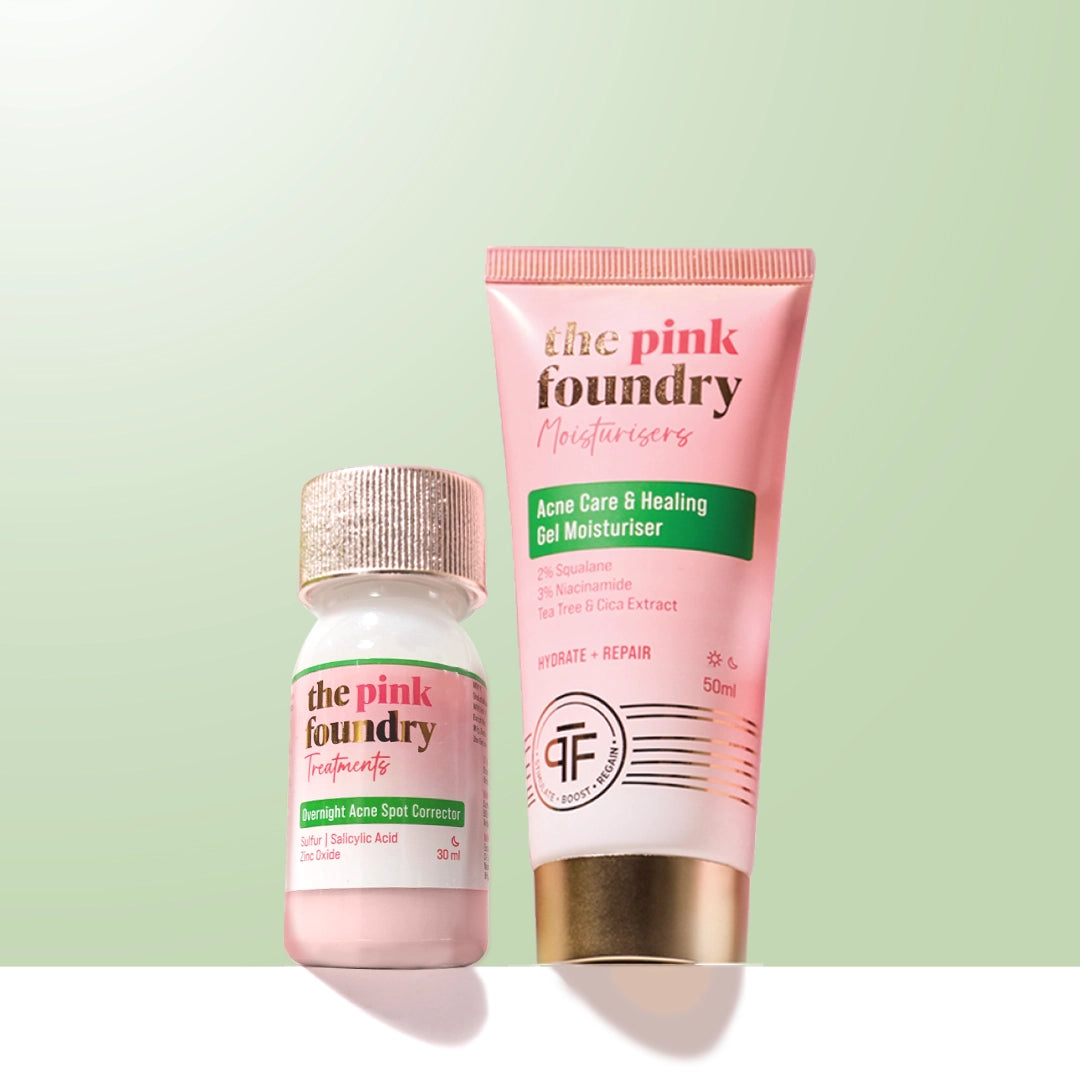
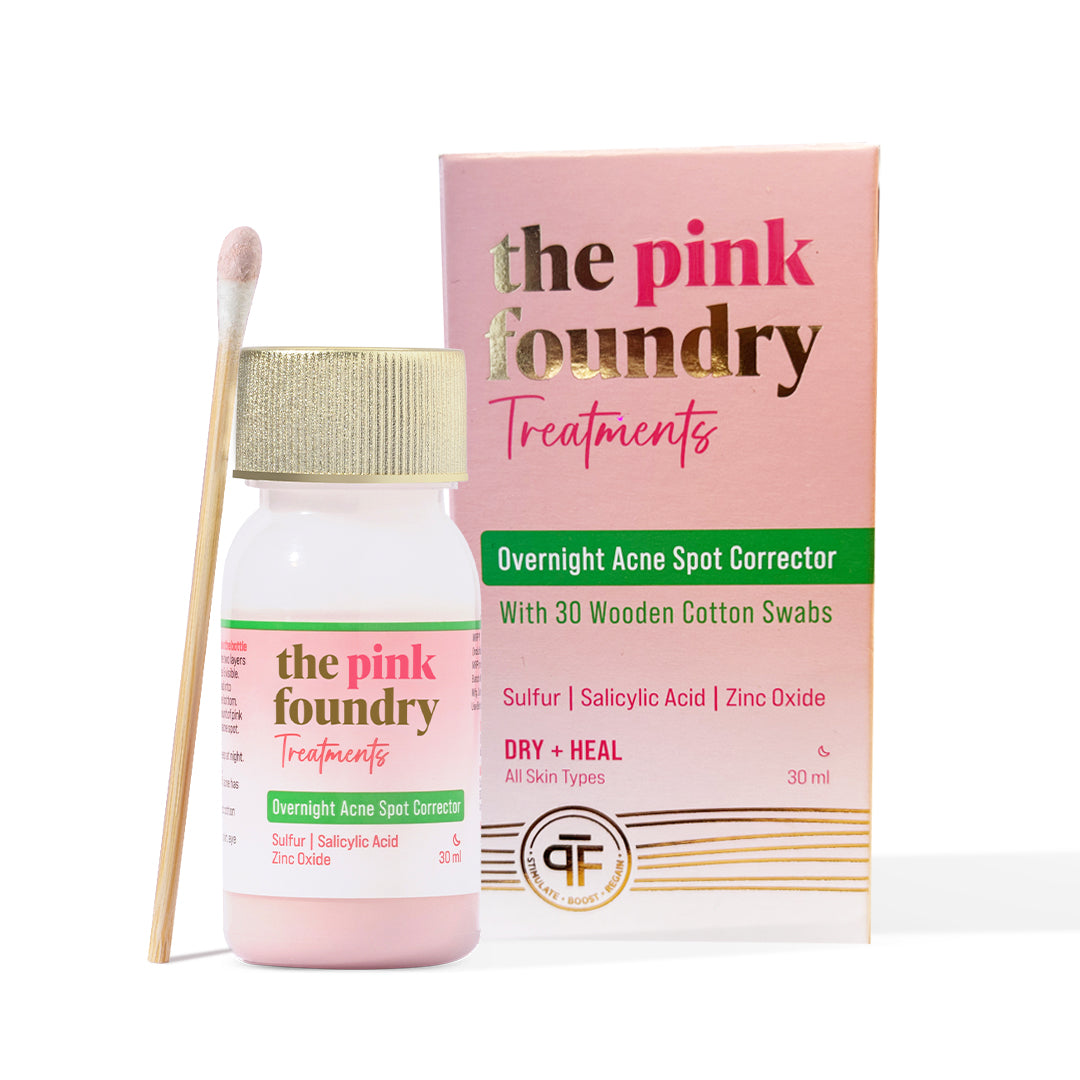
Leave a comment
This site is protected by hCaptcha and the hCaptcha Privacy Policy and Terms of Service apply.